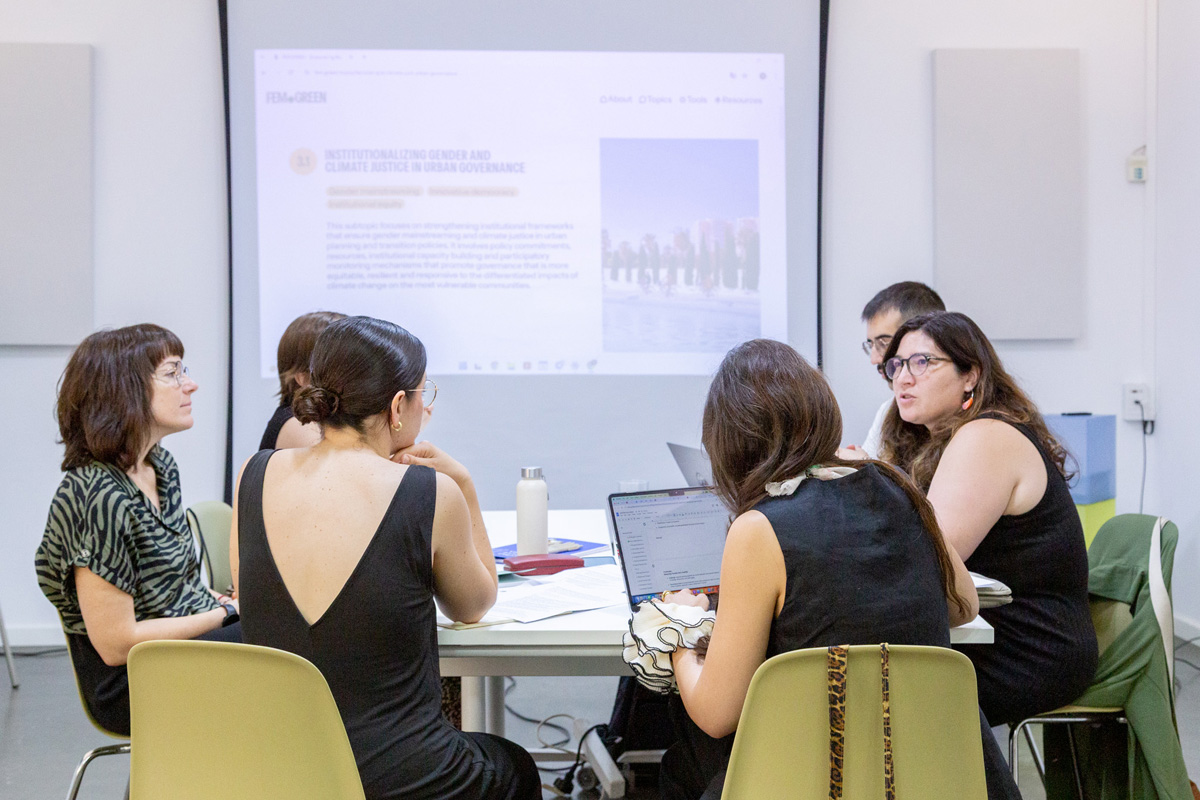The focus group is an analytical method based on interviews or group conversations. Its main objective is to foster interaction among participants to generate valuable insights on a previously defined topic.
The exchange of ideas, expression of disagreements and diversity of perspectives are essential elements in the collective construction of knowledge. Within this framework, the focus group technique allows for in-depth exploration of participants’ perceptions, attitudes and behaviours, as well as the meanings they attribute to specific experiences or phenomena related to the urban environment.
